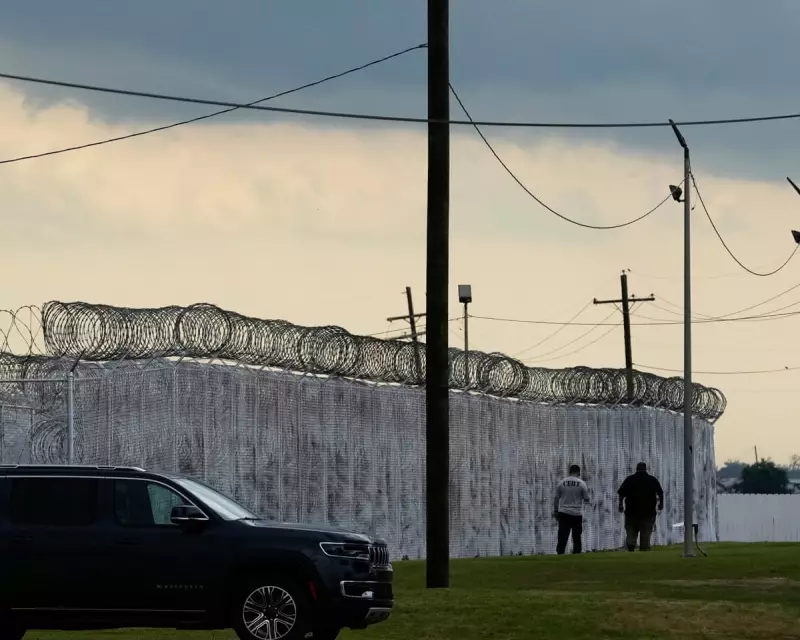
In a sweeping enforcement operation that has sent shockwaves through immigrant communities, US Immigration and Customs Enforcement (ICE) has been systematically deporting long-term residents back to Laos, targeting individuals who have called America home for decades.
Families Torn Apart in Alabama
The controversial removals have hit Alabama particularly hard, where established Southeast Asian communities are being dismantled piece by piece. Many of those affected arrived in the United States as children or young adults, building lives, families and careers over thirty years or more.
One heartbreaking case involves a man who had lived in the US since 1991, only to find himself abruptly returned to a country he barely remembers. His story echoes dozens of similar cases where individuals with deep roots in American society are being uprooted and sent to a nation that is essentially foreign to them.
The Legal Loophole Exploited by Authorities
At the centre of this enforcement push lies a complex diplomatic development. The Lao government, after years of resistance, has begun accepting deportees from the United States. This policy shift has opened the floodgates for ICE to target a population that was previously considered "undeportable" due to their home country's refusal to take them back.
Advocacy groups report that immigration authorities are specifically hunting for individuals with old removal orders, many dating back years or even decades. These orders, often obtained when immigrants failed to appear in court due to lack of legal representation or understanding of the system, are now being activated with devastating consequences.
Community Impact and Legal Challenges
The deportations have created what community organisers describe as a "reign of terror" within Southeast Asian populations. Families live in constant fear that a routine check-in with immigration authorities could result in permanent separation.
Legal advocates are fighting back, arguing that many of these cases involve individuals who have completely rehabilitated their lives. They point to examples of people with minor criminal convictions from their youth who have since become pillars of their communities, responsible parents and reliable employees.
A Growing Pattern of Enforcement
This latest wave of deportations forms part of a broader pattern of intensified immigration enforcement targeting Southeast Asian communities. Similar operations have affected Cambodian and Vietnamese populations, though Laos had remained a holdout until recently.
Immigration experts warn that the policy represents a fundamental shift in how the US deals with long-term residents who have immigration violations in their past. The practice of uprooting people who have established deep community ties over decades raises serious humanitarian concerns, according to human rights organisations monitoring the situation.
As the deportations continue, community leaders are scrambling to provide legal support and assistance to affected families, while calling for more compassionate approaches to immigration enforcement that consider individual circumstances and community ties.





